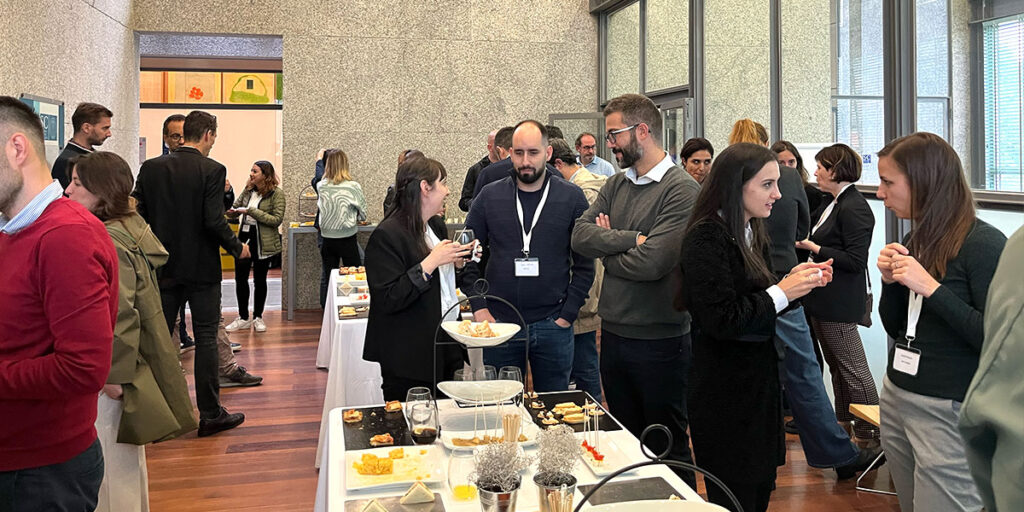
Follow our joined LinkedIn group “Certification and Labelling Schemes for the EU BioEconomy“
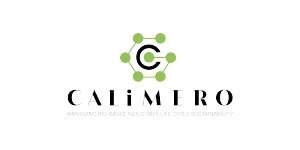
CALIMERO
CALIMERO: Industry Case Studies Analysis to Improve Environmental Performance and Sustainability of Bio-based Industrial Procedures
CALIMERO is a project funded by the European Union, whose goal is to improve current Life Cycle Sustainability Assessment (LCSA) methodologies of certain sectors from bio-based industries to identify and tackle most relevant sources of pollution. Current methods lack of some important factors which will be taken into account in order to have a broader picture of bio-based industries’ sustainability performance. Improving current methodologies, then, is key towards finding greener and more sustainable solutions.
The presence of bio-based industries from the construction, woodworking, textile, pulp & paper and biochemicals sectors in the consortium provides a valuable perspective of the industries’ needs towards sustainability. With them committed to this frame, it is possible to reduce environmental impacts by identifying the main sources of pollutants and analysing potential feasible solutions, considering additionally economic and social dimensions.
CALIMERO has been funded by the European Research Executive Agency the Horizon Europe programme with the Grant Agreement nr 101060546. The consortium is composed by 12 partners from 7 countries and will last for 36 months, until June 2025.
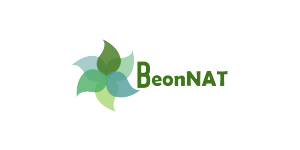
BeonNAT
BeonNat: Innovative Value Chains from Tree & Shrub Species grown in marginal Lands as a Source of Biomass for Bio-based Industries
BeonNAT is a project that aims to develop innovative products from underutilised plant biomass as feedstock for the bio-based industry. The fed biomass will be derived from shrubs, trees and other woody species. The scope of the project ranges from the cultivation and harvesting of selected species, to the extraction and purification of oils and vegetable extracts, paper manufacturing, biochar and active carbon production, among others.
BeonNAT will estimate the basic aspects of the value chain, selecting the most adequate species for different EU countries. It proposes a concept that includes mixed cultivation of selected species using the coppice management systems. BeonNAT will produce eight bioproducts whose tests and related biorefinery processes will be performed in different countries. The project will also estimate the production’s economic, social and environmental impacts.
This project has been funded by the Bio-based Joint Undertaking (BBI-JU, now known as CBE-JU) and the Bio-based industries consortium (BIC) under the Horizon 2020 programme with the Grant Agreement nr 887917. The consortium is composed by 16 partners from 7 countries and will last for 60 months, until June 2025.
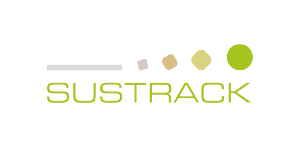
SUSTRACK
The transition from linear fossil-based systems to circular and bio-based systems represents an opportunity and a suitable pathway for achieving several SDGs. Indeed, circular bio-based systems depict a great opportunity to reconcile sustainable long-term growth with environmental protection through the prudent use of renewable resources for industrial purposes. This needed transition is a complex process, which does not simply require innovative technologies from the supply-side, but also societal transformations based on a multi-actor process. The circular bioeconomy meta-sector may be a good candidate to put forward a new economic model, which requires transformative policies, purposeful innovation, access to finance, risk-taking capacity as well as new and sustainable business models and markets. However, a critical assessment of the environmental, social and economic impacts of the current linear fossil-based
economy, as well as of the improvement potential associated with circular bio-based systems, is needed to underpin the identification of policy priorities. Bearing this in mind, SUSTRACK is a three-year project aimed at supporting policymakers in their efforts to develop sustainable pathways to replace fossil and carbon-intensive systems with sustainable circular and bio-based systems (at the EU and regional scale), contributing to achieving the European Green Deal’s objectives. This will be done by: identifying environmental, economic and social limits of a linear carbon-intensive and fossil-based economy; improving existing assessment methodologies; assessing the environmental, social and economic impacts of the EU’s current linear fossil-based economy; comparing multiple transition scenarios focusing on the most carbon-intensive sectors; identifying priorities according to scenarios analysed in the project and develop guidelines and policy recommendations.
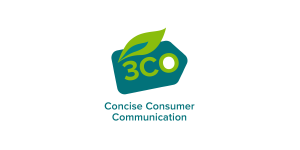
3-CO
The 3-CO project aims to improve the sustainability performance and competitiveness of bio-based systems and will focus on consumer-oriented labelling options for sustainable industrial BBPs.
The supportive framework that will be developed in 3-CO includes actionable guidelines for label design for LCS owners that reflect consumers’ and other stakeholders’ needs, digital solutions to support better-informed decision-making processes of consumers as well as policy recommendations on deploying social measures.
This framework is going to enable and support consumers to make more sustainable/environmentally responsible purchasing choices.
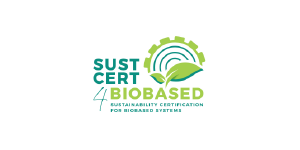
SUSTCERT4BIOBASED
SUSTCERT4BIOBASED is a 3-year EU – funded project that aims to assess and promote the adoption of sustainability certification schemes and labels for industrial biobased systems to support tracing the sustainability of the products along the EU and international value chains and trades.
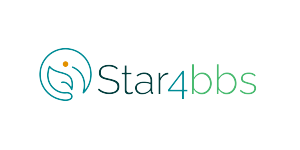
Star4bbs
STAR4BBS: Sustainability Transition Assessment Rules for Bio-Based Systems. The overall aim of STAR4BBS is to maximize the potential of Sustainability Certification Schemes (SCS) and labels to support a successful transition to a sustainable bio-based economy. STAR4BBS will develop indicators and a new monitoring system for assessing the effectiveness and robustness of existing international and EU SCS, B2B labels, and related traceability systems applicable to biological feedstock and bio-based materials and products. The project started with gaining a precise picture of existing sustainability certification schemes and labels and gathering specific global trade data and information on volumes of biological feedstock and bio-based materials and products. STAR4BBS will develop and disseminate findings and recommendations to promote the adoption of effective and robust SCSs and labels by different categories of stakeholders. The consortium is composed of 11 institutions, with experts from different fields, from across Europe with expertise in areas such as bioeconomy, sustainable production, social and environmental sustainability, and certification and labeling schemes.

hoop
The HOOP project supports 8 lighthouse cities and regions in developing large-scale urban circular bioeconomy initiatives that will focus on making bio-based products from urban biowaste and wastewater.
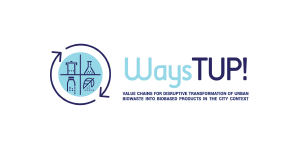
WaysTUP!
WaysTUP! aims to demonstrate the establishment of new value chains for urban biowaste utilisation to produce a range of new biobased products, including food and feed ingredients, through a multi-stakeholder approach in line with circular economy. The project will showcase a portfolio of new ‘urban biowaste to biobased products’ processes starting from different feedstocks i.e. fish and meat waste, spent coffee grounds, household source separated biowaste, used cooking oils, waste derived from municipal wastewater and waste treatment plants and sewage sludge.
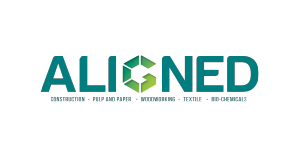
ALIGNED
ALIGNED will collaborate with industries and representatives from five bio-based sectors: Construction, woodworking, textile, pulp and paper, and bio-chemicals to harmonize and advance the scientific use of Life Cycle Assessment (LCA) in the bio-based sector. The models and tools developed in ALIGNED will allow to perform high-quality assessment studies across the bio-based sectors, with industrial relevance and interoperability.
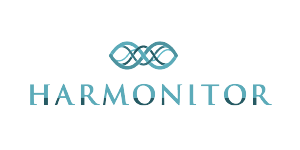
HARMONITOR
HARMONITOR aims to improve the effectiveness of certification schemes and labels in different sectors of the EU Bioeconomy and strengthen their use as a co-regulation instrument. HARMONITOR’s goal is to promote and contribute to better quality and more trustable certification schemes and labels available in the market. The HARMONITOR project will also establish and test a participative review platform concept that allows certification schemes and labels to find commonalities and cooperation when operating in bio-based value chains within and across EU borders. EU policy makers will also be invited to use and support the concept platform.
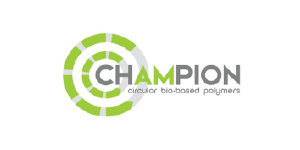
CHAMPION
The objective of the CHAMPION project is to replace these existing materials with bio-based polymers – based on the aza-Michael addition reaction – that are suitable for high-performance applications. The applications will include coatings, textiles, home care formulation, and structural adhesives. Examples of uses would include kitchen counter coatings, car interior surfaces, laundry detergent and adhesives for industrial composites. The new materials will perform as well as, or better than, existing polymers from non-renewable sources while being circular by design. This will make them superior to current materials by ensuring that they are biodegradable and/or suitable for recycling. Testing of the new polymers with the desired functionality and sustainability characteristics is well underway, the project will end in May 2024.
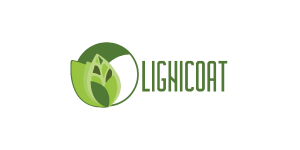
LIGNICOAT
The LIGNICOAT project is developing innovative lignin-based resins and coatings that promise to address environmental concerns associated with fossil-based coatings and reduce volatile organic compounds (VOCs) emissions.
To achieve this, the solutions developed within the LIGNICOAT project involve the use of lignin. Lignin (a by-product of lignocellulosic biomass) is a sustainable alternative to traditional fossil-based raw materials. Given the possibility of obtaining polymers and many other products from lignin, it can be used as a building block for producing bio-resins for coatings.
The effectiveness of these coatings will be tested for safeguarding wood and metal surfaces against fire, corrosion, and microbial threats. These coatings will be water-based, and we will create and utilize bio-based additives to enhance their environmental sustainability.
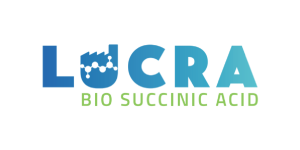
LUCRA
LUCRA aims to demonstrate a unique process to convert underutilised organic fraction of municipal solid waste (OFMSW) and wood waste into bio-based succinic acid. The project is set to provide the bio-based industry with a sustainable and cost-effective solution that meets the increasing demand for this versatile platform chemical in the food, pharmaceutical, cosmetic, and chemical industries.
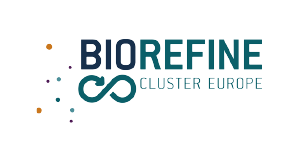
BioRefine Cluster Europe
The Biorefine Cluster Europe (BCE), which is an open-access, free-of-charge collaborative platform between EU projects dealing with bio-based circular economy. Currently, the BCE counts more than 40 EU running projects, half of which with a focus on nutrient recycling and recovery. The BCE is also the main organizer of high-level conferences, such as the European Sustainable Nutrient Initiative (ESNI) and the Biorefine Conference, which interconnect key actors in the field of nutrient recycling to keep high the topic in the EU Circular Economy Agenda.
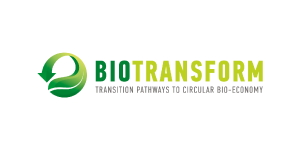
BIOTRANSFORM
BIOTRANSFORM is a project focused on aiding European policymakers in shifting from linear fossil-based systems to circular bio-based systems. It provides a framework, knowledge base, and expert support system for this transition. The project is at the intersection of circular economy and bioeconomy transitions and will test its tools with European policymakers. It does this by developing and testing its framework through a multi-actor approach across six regional cases: Andalusia (Spain), Northern Burgenland (Austria), Western Macedonia (Greece), Finland, Charles Spa Region (Czech Republic), and North Rhine-Westphalia (Germany). These cases encompass critical industries and transition scenarios in Europe, including forestry, agri-food, lake ecosystems, lignite and minerals, and chemicals. The project will create action roadmaps tailored to each region’s available resources, infrastructure, conversion pathways, logistics, policies, strategies, and financial access.
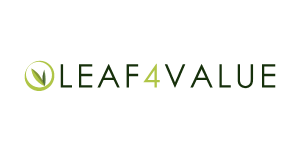
OLEAF4VALUE
OLEAF4VALUE is a three-year project that will develop a complete valorization system for the olive leaf. 4,5 million tons of olive leaves are produced annually by the global olive oil industry, a key industry in southern Europe and along the Mediterranean coast (in Spain, Italy, Greece, Portugal, Slovenia, and others).
This residual biomass presents a problem to both farmers and the whole olive oil industry as it must be removed from fields and olive oil mills. Currently, the solution is either to burn this biomass in the fields, feed it to cattle or, in some cases, use it in energy production via combustion.
OLEAF4VALUE has put together a competitive consortium of highly experienced partners devoted to the complete valorization of this new underexploited biomass. The consortium will address all the stages of the value chain: raw material, biorefining, post-extraction technologies, market validation, and sustainability assessment. OLEAF4VALUE will link the primary olive sector from southern Europe with large multinationals from the high valued competitive markets in a circular bioeconomy project.
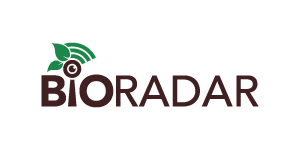
BIORADAR
BIORADAR: Monitoring system of the environmental and social sustainability and circularity of industrial bio-based systems.
The BIORADAR Projecta aims to help organisations, policymakers and investors have the necessary information to step towards a more sustainable, bio-based economic model by taking a system perspective to fill the indicator gaps in material circularity and evaluating the environmental and social impacts of industrial bio-based systems by developing digital monitoring tools that will provide benchmarks and a self-assessment platform for bio-based industries.

BioINSouth
The BioINSouth project aims to support decision-makers to incorporate considerations of ecological limits into their regional bioeconomy strategies and roadmaps relevant to circular bio-based activities. We aim to develop guidelines and digital tools, considering the safe and sustainable by design (SSbD) assessment framework, to support the adoption of innovative methodologies to assess environmental impacts in multiple industrial bio-based systems, increasing regional competitiveness and innovation capacity, and contributing to the EU fair & green transition. BioINSouth will build up its methodology in eight European regions (Campania – Italy, Peloponnese – Greece, Andalusia and Asturias – Spain, Centro Region – Portugal, Nouvelle-Aquitaine – France, Slovenia and, Cyprus) by establishing an equal number of use cases, including the creation of local bioeconomy HUBs.
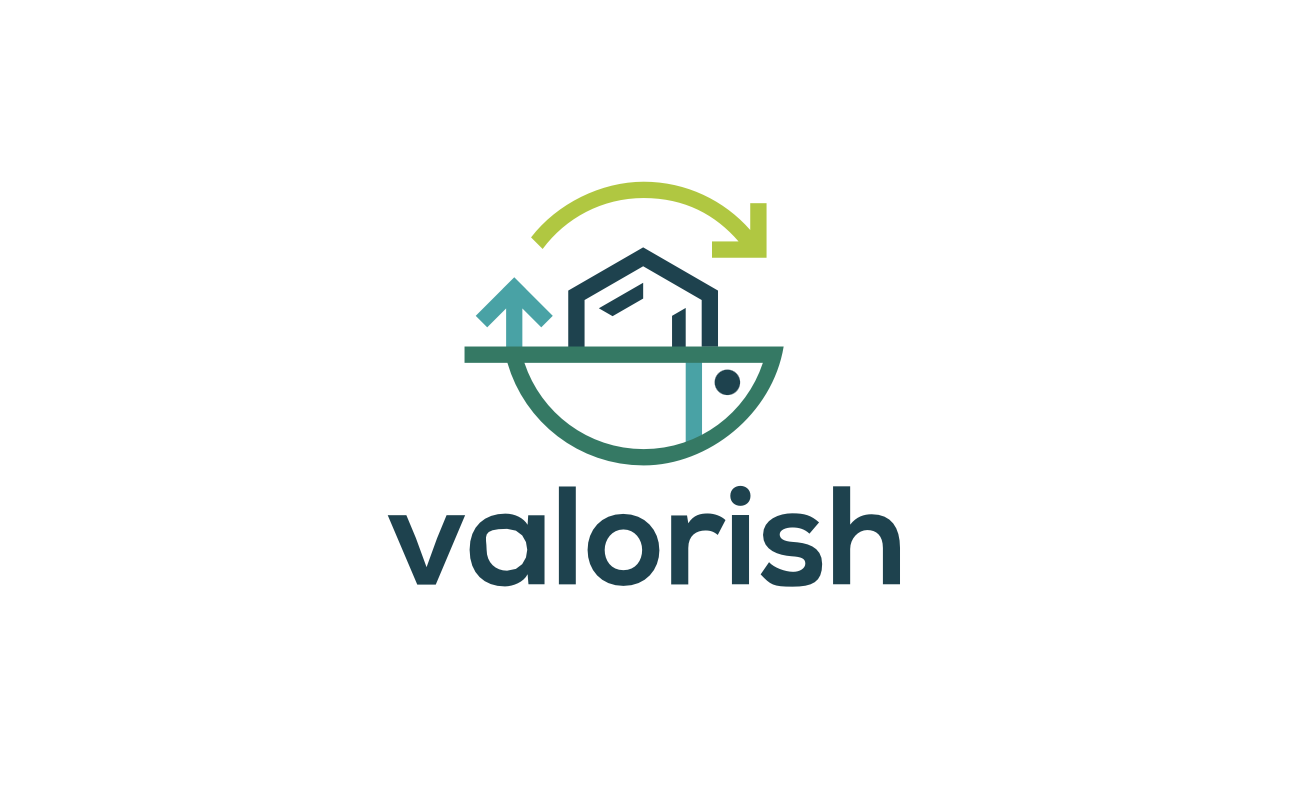
VALORISH
VALORISH (Green VALORisation cascade approach of fISH waste and by-products through fermentation towards a zero-waste future) is a project funded by the European Union, whose aim is to develop a computationally-assisted methodology for the design and implementation of a biorefinery with a cascade approach to valorise waste and by-products from the fishing industry at TRL 5. The target portfolio of products will be fish oil, fish protein hydrolysates, bacteriocins, pigments, vitamins, collagen and calcium-rich powder, targeting food products, additives, supplements and nutraceuticals. In a zero-waste aim, the fermentation side-streams will be valorised (bones by extraction and calcination, and residual biomass by anaerobic digestion). All the bioproducts will be analysed for chemical, nutritional, bioactive and safety properties to comply with EU regulation, and will be included in food/nutraceutical formulations and validated by end users. A mathematical model will be developed to simulate the biorefinery and to support the satisfactory scale-up of the core processes as well as the assessment methodologies (technoeconomic, environmental, standardisation). Social impact and acceptance of the products will be also assessed.
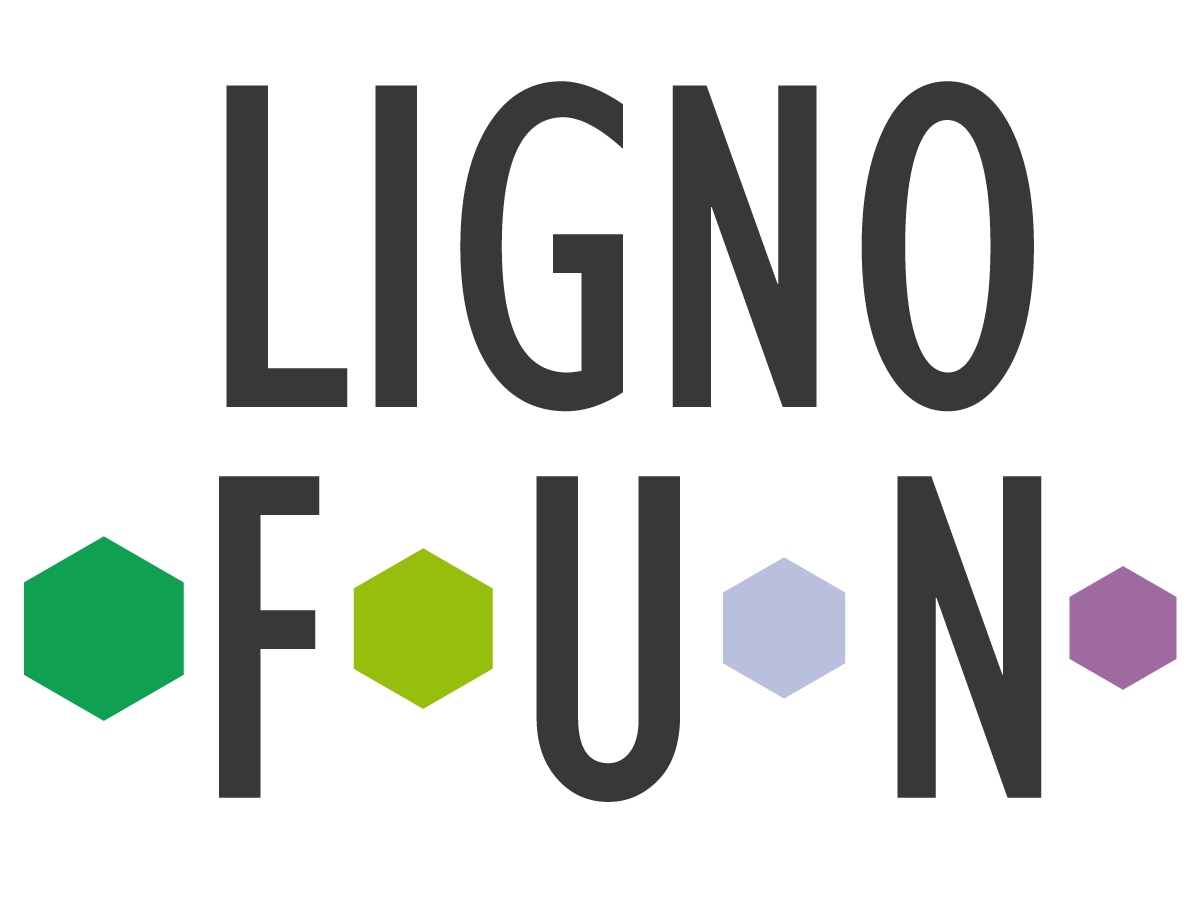
LIGNOFUN
LIGNOFUN (LIGNin-based arOmatic FUNnelling to high-value biochemicals and biomaterials production) leverages two cutting-edge lignin depolymerisation technologies to yield valuable aromatic compounds that are currently sourced from fossil-based materials. These bio-based ingredients will serve as essential building blocks for various applications, including foams, coatings, adhesives, wood panels, composites, personal care products, rubber antioxidants and nylon.The pulp and paper industry in Europe produces 17 million tonnes of lignin every year, a residual stream that apart from energetic use is heavily underutilized.
LIGNOFUN addresses this problem in two distinct parts:
1) By advancing two key depolymerisation technologies, METNINTM and OHRIGINSTM, LIGNOFUN will enable the production of lignin-derived aromatic molecules using sustainable processes especially adapted for the kraft process-based pulp & paper mills.
2) By refining the aromatic compounds into intermediate products and validating technologies and prototypes of market relevant applications.
This project will not only showcase the economic viability and high performance of these products, but also ensure they align with environmental, societal, and strategic priorities. By actively involving stakeholders across the entire lignin-based value chain, LIGNOFUN drives market-focused innovation and accelerates industry adoption.
